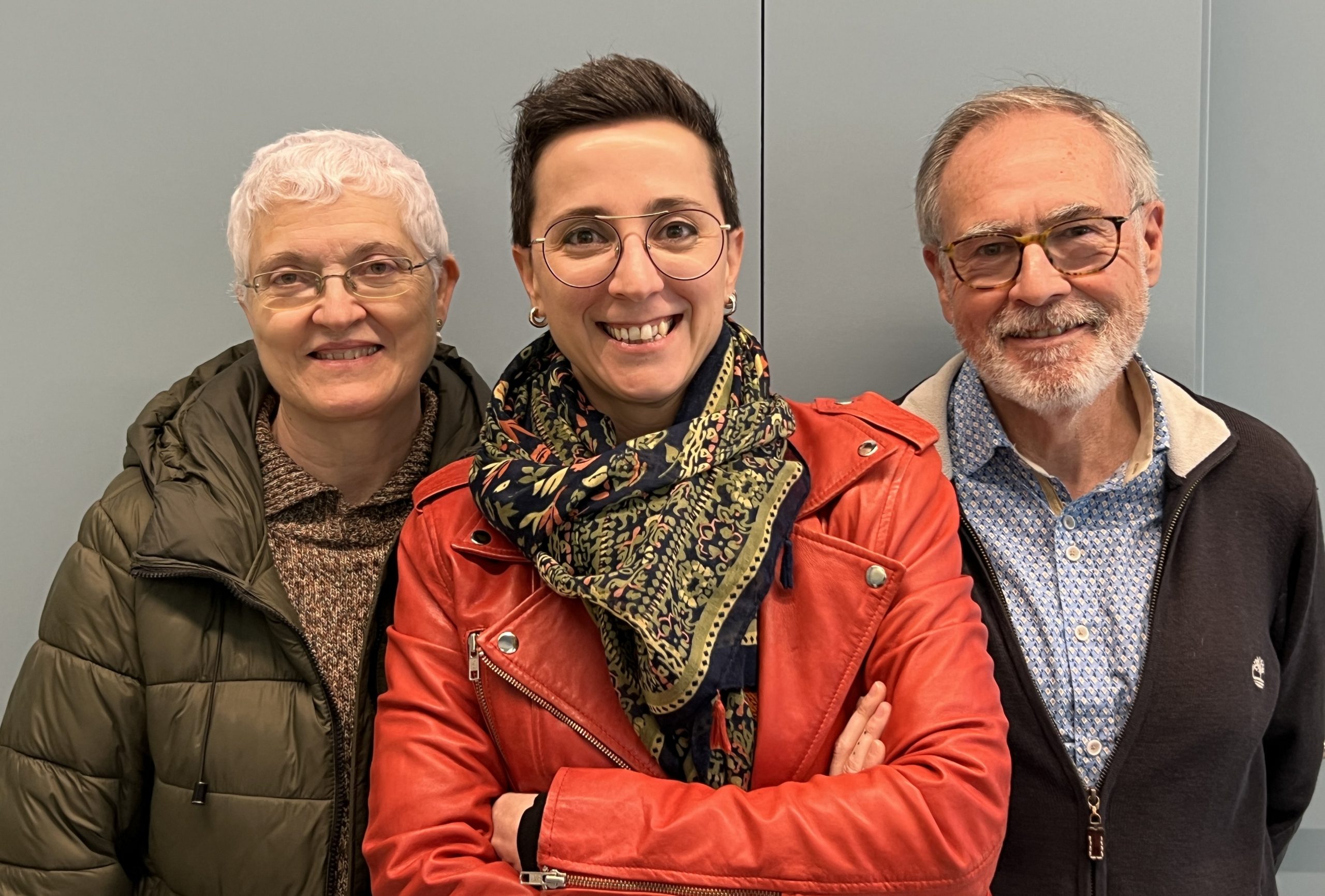
Hepatitis A vaccine faster to produce and more affordable
Hepatitis A is the cause of major epidemic outbreaks such as the one that started in the United States in 2016, which is still active among homeless people and drug addicts. In North America alone, 44,500 cases have been reported so far, resulting in 27,000 hospitalisations and over 400 deaths. Closer to home, between 2016 and 2019 there was also an outbreak in Barcelona initially involving a group of men who had sex with other men, and which spread across Europe affecting some 15,000 people.
Although there are vaccines to combat hepatitis A, they are extremely expensive to produce because of the low replication of the cell culture adapted vaccines used for this purpose. As a result, shortages are common in situations of major outbreaks, when there is a high demand for vaccines, and additionally there is no capacity for universal vaccination.
A standard competitive inactivated vaccine requires a strain with high antigen production and a potent adjuvant. And this is what is offered by the product developed within the framework of the project “Second generation hepatitis A vaccine: use of a rapidly replicating strain in Vero cells“, led by Dr Maria Isabel Costafreda, a lecturer at the Faculty of Biology of the University of Barcelona and a member of the Enteric Virus Group.
The University of Barcelona (UB) has awarded 25,000 euros to this project through the Bosch i Gimpera Foundation (FBG) and with the support of Banco Santander. These funds have been granted within the framework of the Proof of Concept programme of the 2023 Call of the Fund for the Promotion of Innovation (F2I).
The aim is to achieve a vaccine that is easier and faster to produce and, therefore, more affordable. “This new vaccine could lead to the implementation of universal vaccination programmes in countries where hepatitis A virus infection is highly endemic, which would contribute to reducing outbreaks globally,” explains Dr Costafreda.
Grants to promote knowledge transfer
The purpose of the Fund for the Impulse of Innovation call is to promote innovation and value projects of the University of Barcelona that have a high potential for transfer and impact on our society.
The Proof of Concept grants are aimed at UB researchers who lead transfer projects in which the University owns or co-owns both the knowledge and prior technology, and the results for whose valorisation the grant is requested.
Since 2016, the Fund for the Promotion of Innovation programme has fostered the creation of six spin-offs –AIGecko Technologies, Bluephage, ColorSensing, Mind & Identity, Neurekalab and Virtual Bodyworks– enabled the licensing of six technologies, and leveraged more than five million euros in public and private funding.

